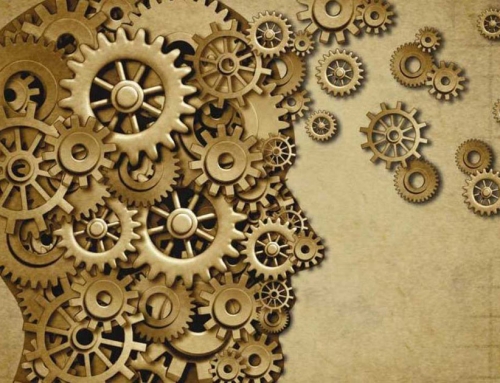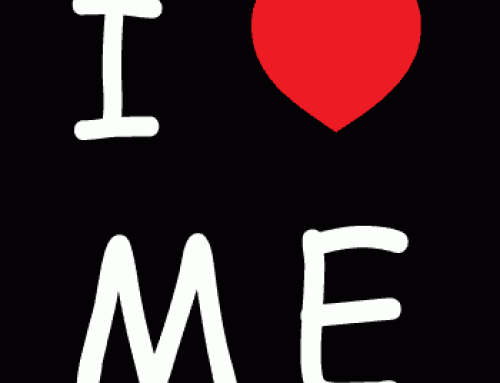I laughed at myself last night. No, that’s not quite right. It was more of one of those, tilt head, shake head slightly, make a “phhssshhffff” sound, smile, and mumble something about how I need to getta’ grip on the situation. I got sucked into a sales pitch. Not so much duped, but considered taking the bait thrown out by a wickedly talentedfisherwoman who definitely does it for sport. I felt special. That lure was just for me! (come on, we’ve all been there) 😉
That’s all it takes, really. If someone, or something, or some technique, or some image, or some group, or some slogan, or some idea can get that snowball of a special feeling rolling down that hill, then it is very hard for the target to stop the Momentum of Like.
“Special”… its up/down nature, and how people exploit the feelings it creates is an interesting character to have on your side of the playing field.
Special. What a word, eh? We’ve managed to use it to describe both extremes of the characteristic map: it can be above and beyond or “below” what the current paradigm of Normal.
Outside Normal, in either direction. Up or down, left or right – doesn’t matter. To feel special also actually means to feel marginalized or below the range of average, not just outside average in a positive direction. Bad and beat up, outcast and ostracized are special, too.
You see a “special by marginalization” effort a lot in the joyous world of national politics; it’s a valuable part of the fear tactic (if you believe in such a conscious ploys, of course). This example is a simple one: simply convince people they are somehow being oppressed, thusly marginalized by force, and outside the Normal – BooM! They’re Special– and that’s enough to keep the motivation flame burning. People will either like (or love; bare minimum they will follow) the messenger because s/he was kind enough to let them know about their plight. Or more aggressively, they will fight to make their own Special-ness the norm. We love being special, but we hate not being part of a group, too. That aspect is odd, but (possibly as such) powerful.
Everyone lives each day in reference to everything and everyone else. Welcome to marketing strategy: manipulate the reference point and decision paradigms; shift, define, or cater. They have to put themselves on a grid against/with the rest: Who am I like? Who are my allies? Who are my enemies? Who are my opposites? etc.
When people are first told what to believe, then are told that (in) which they believe is being threatened – no doubt they will fight like hell to protect it… even if they’re not entirely certain of the details – to have a Cause is Special, to know details is boring. Not only are they special because of what they believe, but doubly so because they’re fighting to protect it. Hardcore loyalty with a handful of leaflets, a good speech, and an immediate threat towards which they were just convinced. The threat to the idea can make people far more convinced of it than any super-speech oration about the idea.
Making someone special within whatever context you decide to define them tends to do one of two things:
- it makes them dependent on the messenger, or
- motivates the person/people to make their area on the grid the norm.
Being dependent on the messenger can manifest even if the message is 100% positive (i.e. “above” the norm rather than below or outside the accepted paradigm). It’s the rocks star problem. People need the adulation to maintain the high. People today are so starved for affection in the first place, that just a small dose can keep them coming back. Take this into the realm of trying to influence or predict a customer mindset, and it can help you market to create the feeling of special to the point of people defending or evangelizing your brand.
In the end, I suppose, when we look at motivation either as an individual or as a group, we should try to see in what areas are they special in all directions from center: up, down, left and right. Those aspects that are extraordinary vs. those parts that are below or outside the circle of the status quo. Pushing those aspects, further in their respective directions, tends to tell us more about who they are based on reaction, as well as motivates them to “do more” in that area in which you’re pushing.








